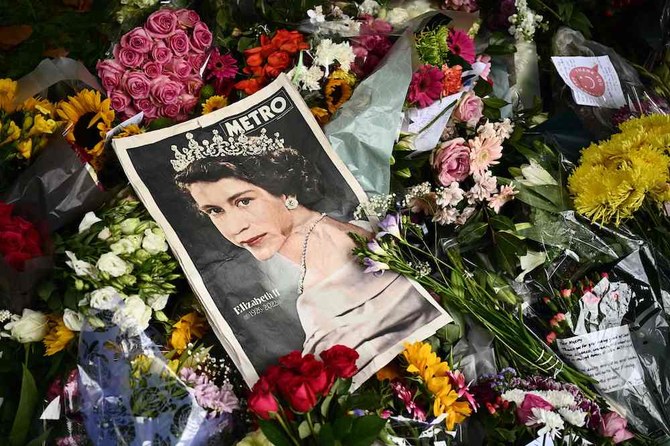NEW DELHI: India’s Defense Minister Rajnath Singh vowed on Wednesday to pursue those who planned and carried out a deadly attack in Jammu and Kashmir, where gunmen opened fire on visitors at a popular Himalayan tourist hotspot.
The attackers killed 26 people, all men, and left many critically injured at a site near the resort town of Pahalgam. It was the deadliest such incident in years, shattering the relative calm in the disputed Indian-controlled region.
“We will not only reach the perpetrators of this act but also the actors behind the scenes,” Singh said in a press briefing in New Delhi. “The responsible will soon see a loud and clear response.”
Prime Minister Narendra Modi cut short his visit to Saudi Arabia and returned to New Delhi on Wednesday morning in the aftermath of the attack, which took place as US Vice President J.D. Vance is visiting India.
The assault is seen as a setback to the peace and stability that Modi’s government has touted as a key achievement of revoking Kashmir’s semi-autonomous status in 2019.
“It is a big setback because they claimed that everything is normal in Kashmir,” Showkat Hussain, former dean of the School of Legal Studies at the Central University of Kashmir, told Arab News.
“They have been portraying to the whole world that we have managed to (cut) the resistance in Kashmir, and it seems that that mirage has dissipated because of this attack. Kashmir is as volatile as it used to be before 2019.”
The Kashmir Valley shut down on Wednesday following a call by the local ruling party, the Jammu and Kashmir National Conference.
Several newspapers across the region printed black front pages as a gesture of mourning, people across the valley held vigils to protest the violence, while government employees observed two minutes of silence in respect for those killed in Pahalgam.
“And a sense of insecurity has spread all across Jammu and Kashmir,” Hussain said.
The region is part of the larger Kashmiri territory, which has been the subject of international dispute since the 1947 partition of the Indian subcontinent into Hindu-majority India and Muslim-majority Pakistan.
Both countries claim Kashmir in full, and rule in part.
Indian-administered Kashmir has for decades witnessed outbreaks of separatist insurgency to resist control from the government in New Delhi.
According to Air Vice Marshal Kapil Kak, a retired officer of the Indian Air Force, the Pahalgam attack was not, however, an indication of insurgency being on the rise after decades of lull but rather that the forced scrapping of the Muslim-majority region’s constitutional autonomy has not brought what the Indian government has been referring to as “normalcy.”
It was a message by the perpetrators and “some elements on the ground in the valley,” he said, that “Kashmir is not normal, and those elements have a role. They may lie low, they may come up ... and that’s what they’ve done.”
Attacks such as the Pahalgam shooting have over decades strained ties between India and Pakistan. In 2019, a suicide bombing in Kashmir’s Pulwama district killed 40 Indian paramilitary personnel and triggered cross-border air strikes, pushing the nuclear-armed neighbors to the brink of war.
Pakistan’s foreign office said in a statement that it was “concerned” about the attack and extended condolences to the victims’ relatives.


























